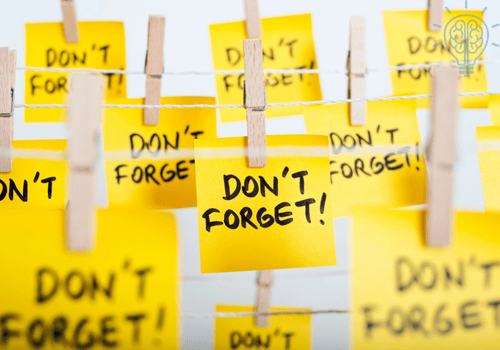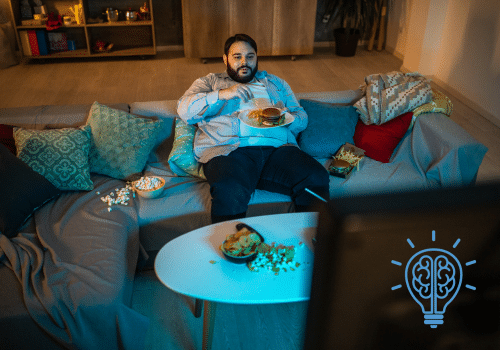You had every intention of getting things done today. But once again, distractions won. Tasks got pushed. And now you’re wondering: “Why can’t I just do what I say I’m going to do?”
It’s frustrating. It feels like a character flaw. But here’s the truth:
It’s not about being lazy—it’s about how your brain manages effort, focus, and follow-through.
What Looks Like “Laziness” Is Often Executive Function Struggle
Self-discipline isn’t a personality trait—it’s a set of skills. Specifically, it relies on executive function—the brain’s system for managing time, attention, energy, and behavior. When those skills are underdeveloped or overwhelmed, it becomes harder to follow through, even with the best intentions.
And the “excuses”? Often, they’re protective. Your brain is trying to avoid discomfort, failure, or overload—not just avoid responsibility.
Common Challenges We See in Coaching
- ⏰ Struggling to start tasks, even small ones
- 🧠 Overthinking every step, which leads to shutdown
- 📉 Setting unrealistic goals, then spiraling when they’re missed
- 😞 Feeling guilty or ashamed, which kills momentum further
So How Do You Build Self-Discipline?
Discipline doesn’t start with pushing harder—it starts with building structure and self-awareness. In coaching, we focus on:
- Clarifying what matters: Defining goals that align with your values
- Creating better scaffolding: Tools like planners, time blocks, and external cues
- Practicing follow-through in small ways: Building consistency, not perfection
- Learning how to recover from setbacks: Without spiraling or giving up
Self-Discipline Is a Skillset—Not a Personality Type
You’re not doomed to keep falling short. With the right supports and systems, you can follow through more often, make fewer excuses—and build confidence in your ability to do hard things.




